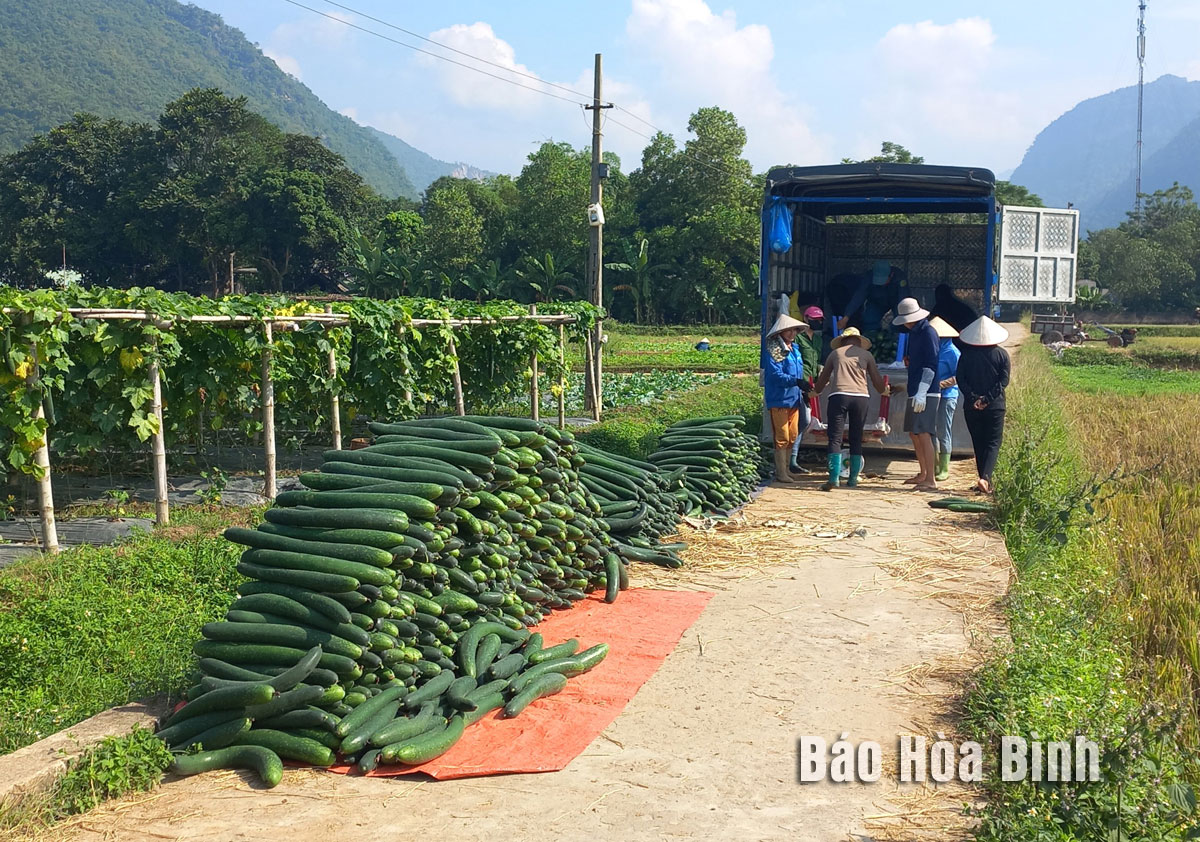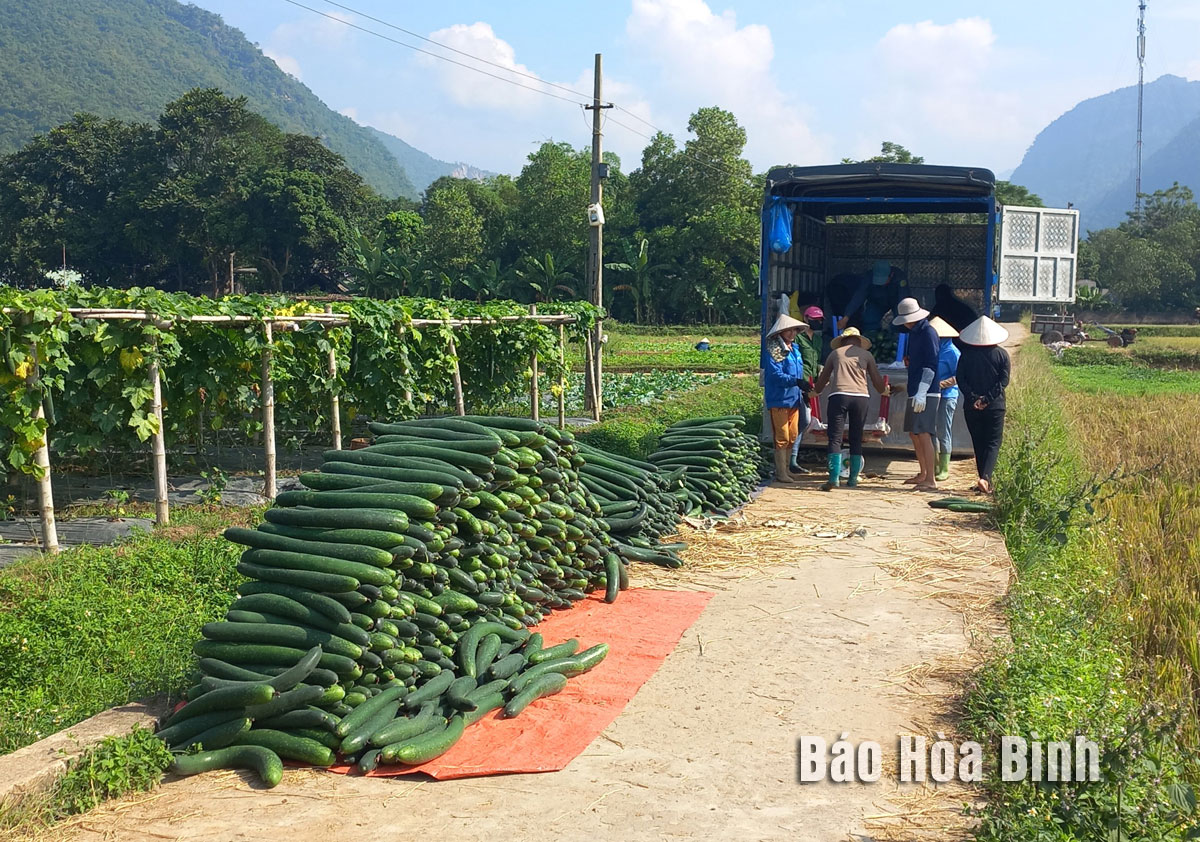
Over the past years, Mai Chau district has concretised policies, mobilised resources, and integrated the State’s investment and support programmes into its socio-economic development, aiming to help ethnic minority groups improve their living standards.
Thanks to resources from the national target programme on
socio-economic development in ethnic minority-inhabited and mountainous areas,
residents in Mai Ha Commune, Mai Chau district, have cultivated many high-value
crops.
Minority groups account for up to 88% of Mai Chau population. Over the recent
past, the district has concertedly implemented the national target programme on
socio-economic development in ethnic minority-inhabited and mountainous areas.
Thanks to policies in support of production and infrastructure development,
locals’ living standards have been improved significantly, and the district
given a facelift.
According to Ha Tuan Hai, head of the district Bureau of Ethnic Affairs, the
programmes and policies for ethnic minorities have been put in place with
diverse and practical forms, helping them get out of poverty.
Chairman of the district People’s Committee Pham Van Hoan said apart from the
above-said programme for 2021-2025, the locality has effectively implemented
other national target programmes on new-style rural area building and
sustainable poverty reduction.
Last year, Mai Chau’s average per capita incomestood at 51.3 million VND
(2,073 USD), and the rate of poor households among ethnic minorities decreased
by 3 - 4%. All of its communes have roads usable to automobiles connected to the
district’s centre, and all of schools and medical facilities there have been
consolidated.
Meanwhile, up to 99.8% of the local population have accessed the national power
grid, and 98.8% to safe water. Notably, more than 90% of minority households
are covered by health insurance. The district has opened many vocational training classes on tourism, brocade
weaving, mushroom growing, husbandry, and farming machine repair.
The emulation movement "Hoa Binh joining hands to build new-style rural areas” has been widely spreading, becoming a driving force that motivates the localities to renew rural landscapes and improve the material and spiritual lives of the residents. In this movement, the people play a central role-both as the main implementers and direct beneficiaries of its outcomes.
In response to the global digital revolution, Hoa Binh Newspaper is transforming itself into a modern and multi-platform media hub, blending cutting-edge technology with a restructured newsroom and a new generation of tech-savvy journalists.
Hoa Binh province’s Association of the Elderly recently held a conference to review the project on expanding the inter-generation self-help club model until 2025.
In a move to implement Resolution No. 57-NQ/TW, issued on December 22, 2024 by the Politburo, which targets breakthroughs in science-technology development, innovation, and digital transformation, the Hoa Binh provincial Department of Health has issued a plan to roll out the "Digital Literacy for All” campaign within the local health sector.
An Nghia Commune (Lạc Sơn District) is one of the communes that achieved the tha standard of the national new rural area in 2018. Entering a new development phase, the commune is now trying to meet the criteria for the advanced new rural development. With the strong political will and the public consensus, the commune is gradually overcoming the challenges to reach this goal, aiming for the sustainable development.



